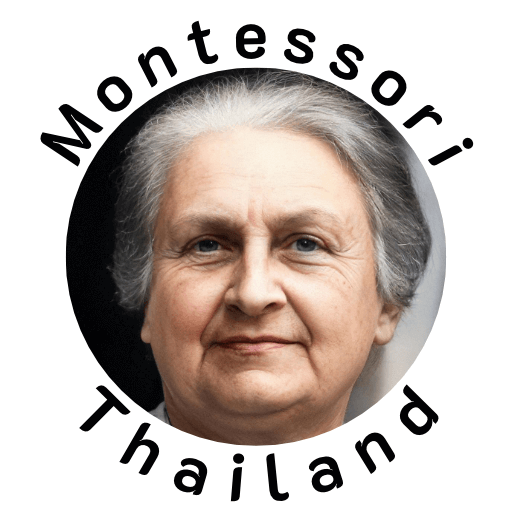
by MontessoriX | 1 Aug 2023 | Glossary
In Montessori education, Socialization refers to the process by which the child acquires the knowledge and attitudes that allow them to become an effective member of a social group and a specific social order.[1] This concept is integral to the Montessori...

by MontessoriX | 1 Aug 2023 | Glossary
In Montessori education, the principle of Simple to Complex refers to the sequence in which lessons and materials are presented to children. Initially, children are introduced to a concept in its simplest, most isolated form.[1] As they advance and...

by MontessoriX | 1 Aug 2023 | Glossary
In Montessori education, Sensitive Periods refer to specific times during early child development when the child shows strong propensity to specific kinds of learning. These are transient periods of intense sensitivity to particular stimuli in their...

by MontessoriX | 1 Aug 2023 | Glossary
In Montessori education, Sensitive Periods refer to specific times during early child development when the child shows strong propensity to specific kinds of learning. These are transient periods of intense sensitivity to particular stimuli in their...

by MontessoriX | 1 Aug 2023 | Glossary
Self-regulation is a core principle within the Montessori educational philosophy. It refers to the ability of an individual to control their impulses, behaviours and emotions, which includes aspects such as self-discipline, the ability to delay gratification,...

by MontessoriX | 1 Aug 2023 | Glossary
Self-discipline is a key concept within the Montessori method and is closely linked to the principles of independence, self-regulation, and normalization. Maria Montessori believed that self-discipline emerges naturally in children over time when they are given...







